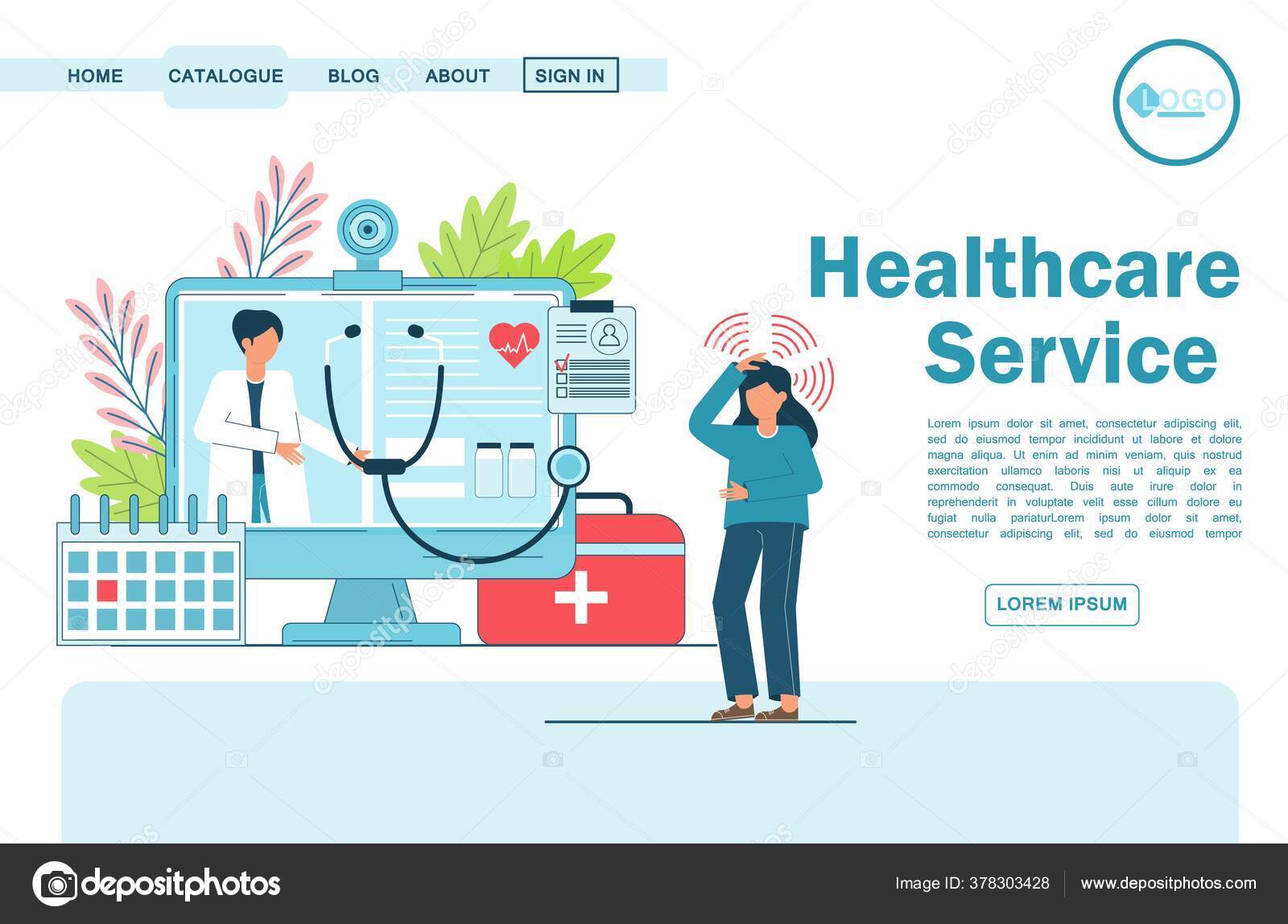The Impact of Subscription Based Healthcare on Traditional Medical Practices
The Impact of Subscription Based Healthcare on Traditional Medical Practices
Blog Article
The Surge of Subscription-Based Health Care and Its Effect On Patient Care
As healthcare progresses, the subscription-based version is obtaining grip, guaranteeing to reinvent individual treatment by providing predictability and accessibility. These versions, which bypass traditional insurance, could redefine the patient-doctor dynamic, stressing precautionary and tailored care. As with any development, they provide difficulties, specifically worrying fair accessibility for all socioeconomic groups. The possibility for these models to reshape health care shipment elevates pushing concerns about their lasting sustainability and inclusivity. Are these membership solutions the future of health care, or do they risk leaving prone populations behind? The details of this change warrant a better examination.
Recognizing Subscription Medical Care Designs
Realizing the concept of subscription healthcare versions involves examining a transformative approach to clinical services that emphasizes cost and ease of access. These models, commonly described as direct key treatment (DPC) or attendant medicine, have actually arised as cutting-edge alternatives to conventional fee-for-service healthcare systems. Subscription healthcare allows people to pay a fixed regular monthly or annual cost for a specified set of medical services, which may include unrestricted workplace gos to, routine exams, and basic lab tests, without the requirement for typical insurance coverage payment.
The structure of membership healthcare models is created to simplify client care by eliminating third-party payers and complex invoicing codes, consequently minimizing management worries. Doctor can focus much more on patient care, fostering stronger patient-provider partnerships. This design additionally advertises preventative treatment by motivating normal brows through, as the economic challenge of per-visit costs is gotten rid of.
The subscription design commonly encourages doctor to manage smaller sized client panels, enabling more customized treatment. It aligns financial rewards with person health outcomes, as suppliers are encouraged to keep individual fulfillment and wellness. On the whole, comprehending registration health care designs needs recognizing their possible to reshape exactly how care is delivered and accessed.
Advantages for People and Suppliers

For companies, subscription-based designs supply the opportunity to deepen patient-provider relationships. With a constant earnings stream, healthcare specialists can commit more time to each individual, bring about a more comprehensive and customized care experience. This design also minimizes reliance on high individual volumes, reducing fatigue and enhancing task contentment. Furthermore, the focus on precautionary care within registration plans can cause better client outcomes and reduced lasting healthcare prices. By concentrating on constant treatment, providers can deal with problems prior to have a peek at this website they rise, ultimately benefiting the health care system all at once by lowering the concern on emergency situation and acute treatment services.
Challenges and Problems
While subscription-based medical care models existing countless advantages, they additionally come with a set of obstacles and issues that should be addressed. This raises ethical inquiries concerning equitable access to health care solutions.
Financial sustainability of subscription-based versions is one more issue. Carriers have to balance the fixed revenue from registrations with the variable costs of medical care services, which may change because of unanticipated medical requirements. This can create pressure to limit solutions or boost costs, potentially impacting individual fulfillment and care top quality.
Moreover, governing oversight of subscription-based medical care versions is still evolving. Resolving these difficulties is important for the fair and effective implementation of subscription-based health care.
Influence On Patient-Doctor Relationships
One significant impact of subscription-based healthcare designs on patient-doctor partnerships is the potential for enhanced connection and personalized care. By adopting a membership model, doctors can handle a smaller patient panel, allowing for more dedicated time with each individual. This enhanced accessibility promotes a deeper understanding of a client's medical background, way of life, and preferences, allowing extra customized therapy strategies and interventions.

Nonetheless, it is vital to identify that while subscription-based designs may benefit those that can manage them, they can accidentally broaden health care disparities. Clients that are unable to get involved in these models could experience reduced access to individualized treatment, potentially influencing their partnerships with health care service providers. Thus, while the registration design provides appealing benefits for patient-doctor partnerships, it likewise positions difficulties that need to be dealt with to guarantee equitable medical care accessibility.
Future of Medical Care Gain Access To

The function of modern technology can not be ignored in this improvement. Telemedicine platforms and electronic wellness documents promote seamless interaction between people and health care companies, damaging down geographical and logistical obstacles. In addition, innovations in synthetic knowledge and data analytics can even more individualize medical treatment by predicting patient demands and optimizing therapy strategies.
However, the future of health care gain access to also presents challenges, browse around this site such as ensuring equity across various socio-economic groups. Policymakers and doctor must work together to connect the electronic divide, ensuring that subscription-based models stay comprehensive and budget-friendly. As these systems grow, they hold the pledge of making healthcare a lot more available, reliable, and patient-centric.
Conclusion
Subscription-based medical care designs are reshaping person treatment by supplying a stable cost structure and enhancing access. The rise of subscription-based health care motivates proactive client engagement, which has the prospective to enhance individual results and contentment, signifying a transformative shift in health care distribution.
As medical care develops, the subscription-based version is obtaining grip, guaranteeing to transform patient care by providing predictability and availability.Subscription-based medical care models use unique advantages for both patients and suppliers, enhancing the total health care experience.As healthcare systems progress, the future of health care accessibility frequently hinges on the combination visit this page of ingenious versions and modern technologies.Subscription-based healthcare models are reshaping person care by offering a steady cost framework and improving ease of access. The surge of subscription-based health care encourages aggressive patient involvement, which has the possible to boost person end results and fulfillment, signifying a transformative shift in healthcare delivery.
Report this page